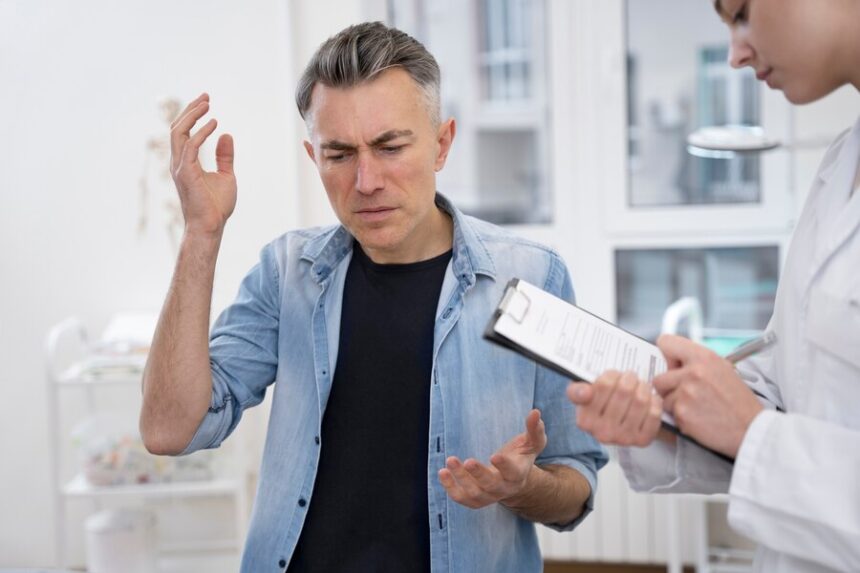As individuals engage with an outpatient addiction treatment center, they may find themselves with newfound time and an urgent need for positive activities to fill it. Nurturing healthy habits can be instrumental in the successful journey to recovery. From mindfulness and physical exercise to fostering creativity and social connections, these behaviors can act as pillars of support, reinforcing the work done in therapy. Below, we delve into various constructive ways that can aid in maintaining sobriety and overall well-being. Keep reading to learn how you can embrace these practices in your day-to-day life.
Exploring the Benefits of Mindful Meditation in Outpatient Addiction Treatment
Mindful meditation plays a crucial role in outpatient addiction recovery by offering a sanctuary amidst life’s challenges. Clients find solace in introspection and mindfulness, fostering inner peace that supports their healing process. This practice promotes present-moment awareness, helping individuals manage cravings and negative thoughts by observing without judgment. It also enhances self-compassion, aiding in forgiveness and resilience.
Meditation, often integrated into treatment programs through workshops, equips clients with accessible tools to manage stress and emotional triggers. This holistic approach complements traditional therapies, nurturing mental strength essential for recovery journeys, even in social casino real mone scenarios.
Engaging in Physical Exercise as a Pathway to Recovery
Regular physical exercise is a vital part of addiction recovery, boosting mood through natural endorphins and building self-esteem through achievable goals. It helps manage stress and establishes healthy routines that support stability during recovery. Group activities also provide valuable community support, encouraging both fitness and sobriety goals.
It’s crucial to approach exercise mindfully, considering individual recovery needs and consulting healthcare professionals for safe and effective routines. Embracing exercise as part of outpatient treatment can significantly enhance overall recovery efforts.
Embracing Creative Outlets for Emotional Expression During Recovery
Recovery goes beyond physical healing; it encompasses emotional and creative growth. Engaging in arts like painting, writing, or music can be profoundly therapeutic during sobriety, offering a way to express complex emotions and thoughts. These creative pursuits act as a calming distraction, reducing anxiety and depression commonly experienced in recovery, while fostering a sense of achievement and connection through shared artistic experiences and community support.
Participating in art classes or simply exploring creative activities doesn’t require innate talent—what matters is the process itself. Whether through journaling, sculpting, or dance, these outlets not only enhance life in recovery but also remind individuals of the fulfillment and positivity found in maintaining a sober lifestyle.
The Role of Structured Routine in Sustaining Long-Term Sobriety
Structured daily routines are crucial in outpatient addiction treatment, offering stability amidst the chaos of substance abuse. By establishing consistent schedules for meals, exercise, therapy, and recreation, individuals can reduce idle time and minimize the risk of relapse. This predictability not only improves sleep and cognitive function but also reduces decision-making stress, allowing more focus on recovery.
While maintaining a routine may seem daunting, flexibility within this structure is key. It’s important to balance structured activities with personal downtime and adaptability to life’s challenges, fostering a sustainable path to sobriety without overwhelming individuals in recovery.
Nurturing Social Connections Without the Influence of Substances
Rebuilding social connections during outpatient treatment involves more than just avoiding isolation. It’s about rediscovering the joy of sober interaction and life enjoyment without relying on substances. Engaging in sober activities reintroduces individuals to the pleasures of genuine fellowship and friendship, showing that meaningful connections thrive without drugs or alcohol.
Many in recovery find support in groups or clubs centered around shared interests like reading, hiking, or volunteering. These activities help forge new, supportive friendships based on mutual understanding and encouragement. Setting boundaries and leaning on supportive family members also play crucial roles in nurturing a healthy social life that supports ongoing recovery.
Overall, recovering from addiction is a multifaceted process that extends beyond the walls of a treatment center. By incorporating mindful meditation, engaging in regular physical exercise, embracing creative outlets, adhering to a structured routine, and nurturing healthy social connections, individuals can create a robust foundation for long-term sobriety. These positive habits are the building blocks of a fulfilling, substance-free life, equipping those in recovery with the tools necessary to thrive.







